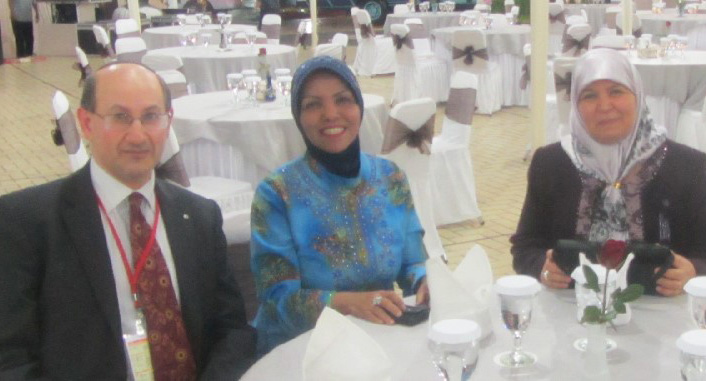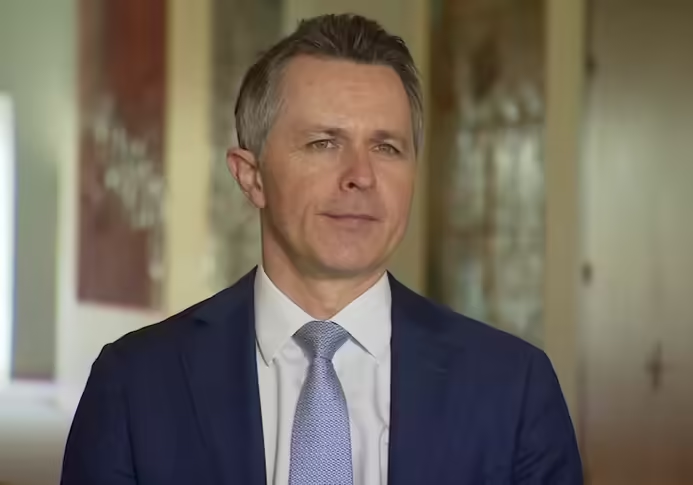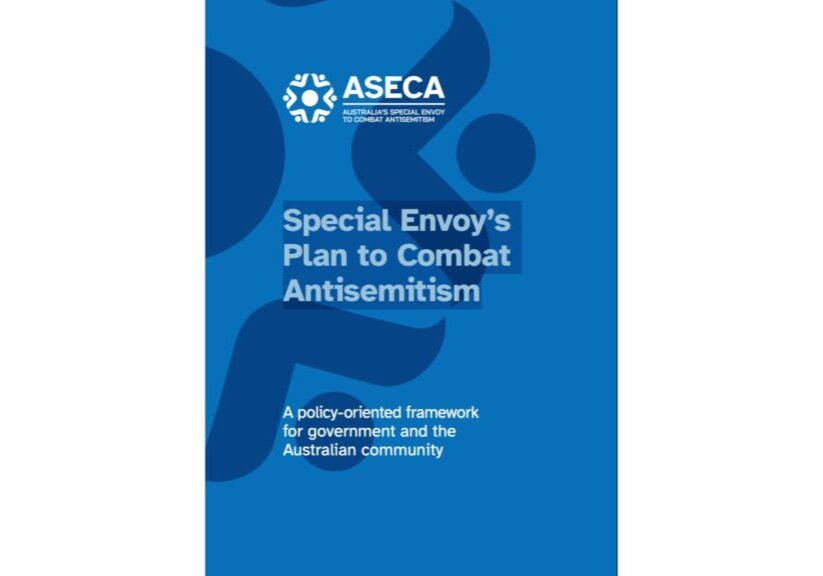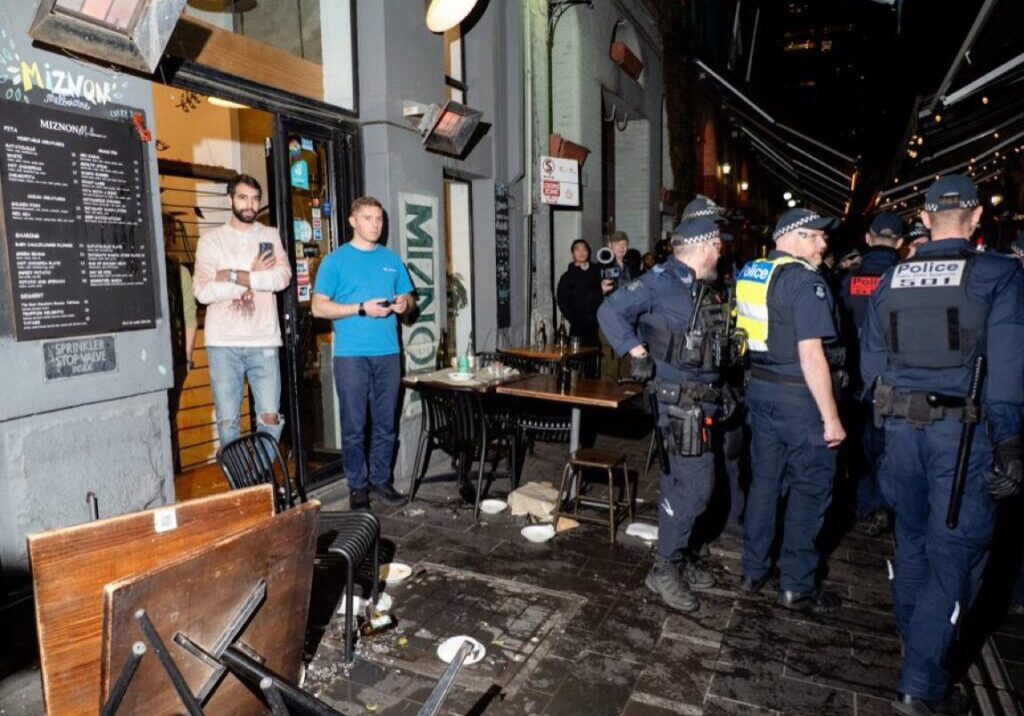Australia/Israel Review
The Last Word: Racism and Misrepresentations
Nov 28, 2012 | Jeremy Jones

Jeremy Jones
It began with a simple question about my family history, with specific reference to the first of my forebears to come to Australia.
It became a discussion about racism, antisemitism and genocide, about language and about the problems of children educated to hate.
The setting was the “Fourth World Peace Forum”, an initiative of a major Indonesian Islamic group and a Malaysian NGO whose leader promoted the philosophy of Confucius, in the Indonesian city of Bogor.
The discussion began when I was asked about my recent visit to Poland, and within a few sentences, the topic was how an area which was once the home to tens of thousands of Jewish people now counted precisely one Jewish person in its population.
The group who were listening were all from Asia, were Muslim and Hindu, and had only a cursory knowledge of Nazism and the Shoah.
After my brief recounting of the Nazis’ aims, methods and the number of their victims, we discussed the relationship of racist rhetoric to rationalisation for racist brutality, the differences between genocide and war and matters such as the culpability of bystanders.
Without my steering the conversation in that direction, the issue arose of the misuse of terms such as “Nazi”, “Genocide” and “Hitler-like”, and how this was particularly intellectually and morally offensive when used to mischaracterise the actions of Israelis – although it should be noted that those involved in the conversation included people who were emotional, passionate supporters of Palestinians and who did not have much nice to say about Israel.
They were repulsed at the activities of opponents of Israel who misrepresented history and reality to depict Israel as Nazi-like.
They were incredulous that Australians who had the opportunity to learn about Nazism and were able to inform themselves of contemporary events could repeat, or even advocate such slurs. And they could not understand how individuals who were on occasion supported by Australian governments to promote communal harmony could unashamedly promote this as if it was valid political commentary during the recent Israeli/Gaza conflict.
Indeed, there were a number of people in Australia who are professionally involved in “community harmony” who displayed some terrible lapses of reason and judgement as they made interventions, on social media visible to all and sundry, while Israel acted against Gazan attacks.
Popular postings included postings of ludicrous, often dated, videos or quotes from Jews who are proud to be ashamed to be Jews.
How any person engaged in genuinely combating racism can’t see the inherent racism in promoting these individuals – who sometimes made racist comments without any embarrassment – simply because of their identification as belonging to an ethno-national entity, is of great concern. It is even more concerning if they understand what they are doing yet have no compunction about doing it.
There was a considerable overlap between individuals who (I believe rightly) protest when Muslims in general are called to account when other Muslims draw opprobrium by their actions and those who have made such fallacious interventions into public debate.
Racism itself is bad enough – but an additional problem arises when the charge of racism is laid inappropriately by individuals who are relied upon by governments to develop policy on racism.
In one example, a person who is regularly called upon to comment on what is and isn’t racism complained that the decision of one television programme not to interview a pro-Hamas advocate in a short item looking at the experiences of Israelis under attack was a case of unacceptable discrimination.
Rather than point out how ridiculous this claim was, an individual employed to promote community harmony commented that what this demonstrates is “institutional racism”.
It is depressing to see the lack of sensitivity to racism and the muddled thinking of some members of the anti-racism complex. They could learn from my Indonesian interlocutors, who may not be sympathetic in the least to Israel, but manage to express their passions without recourse to simplistic defamations.
Tags: Antisemitism, Indonesia






